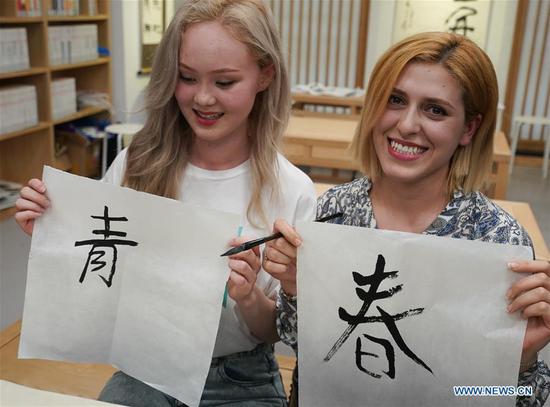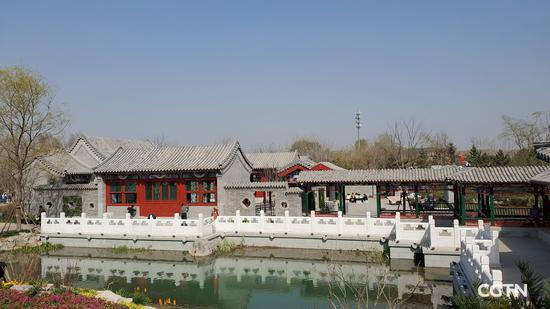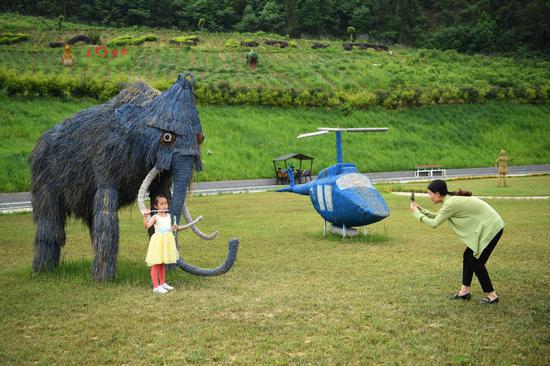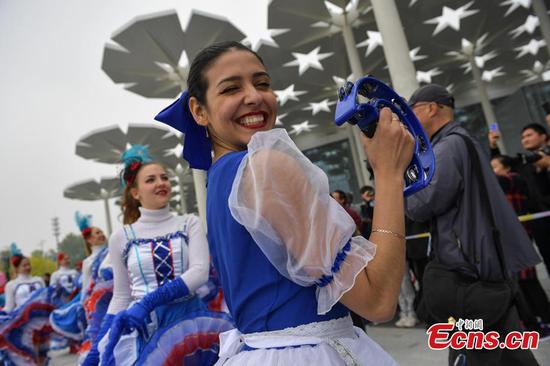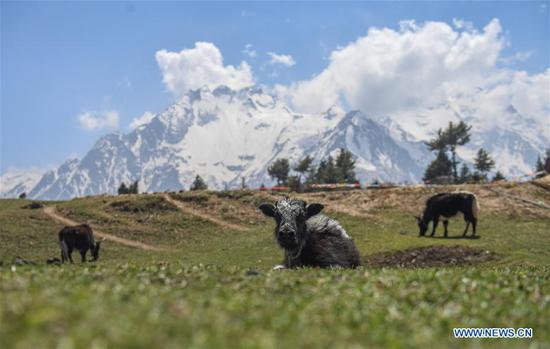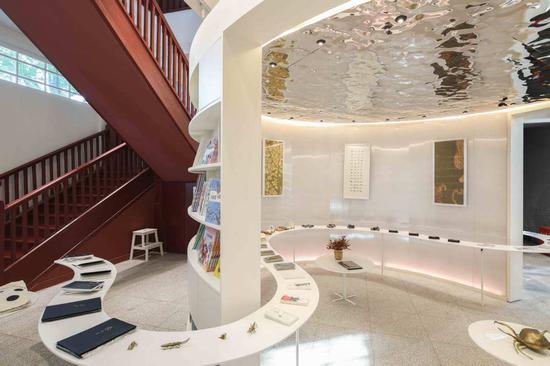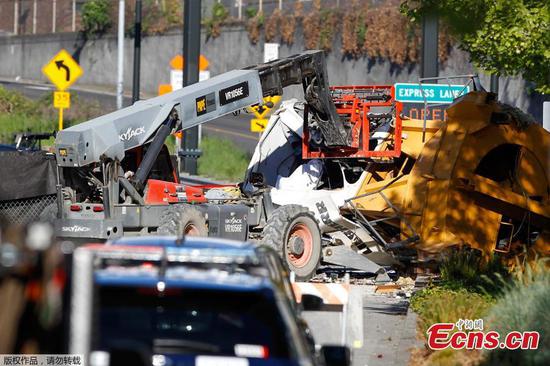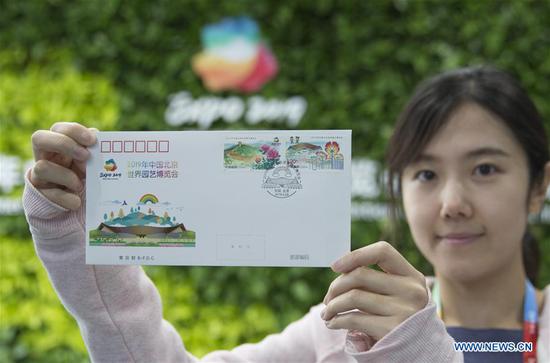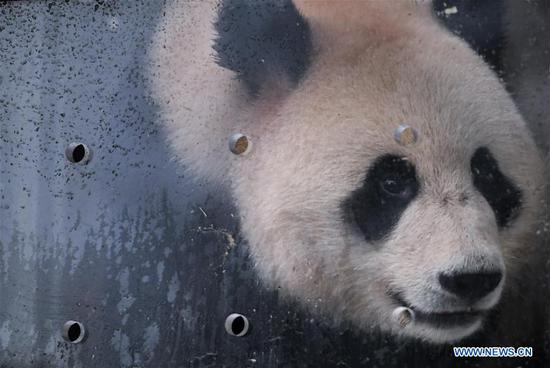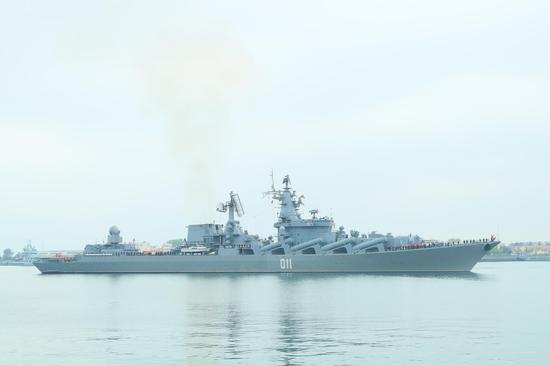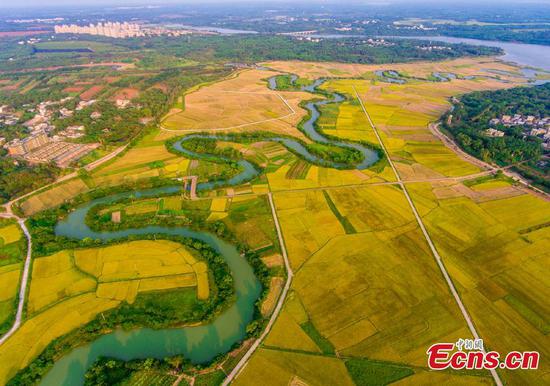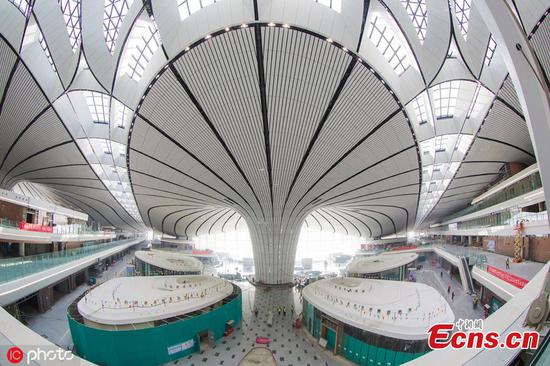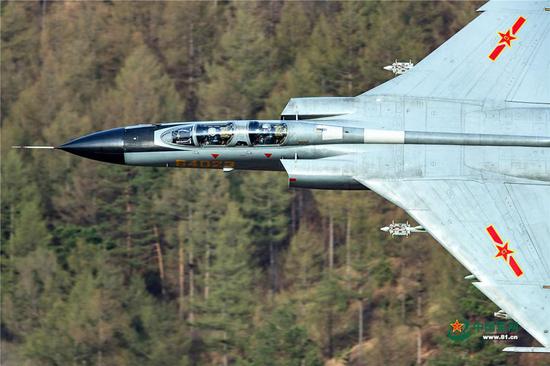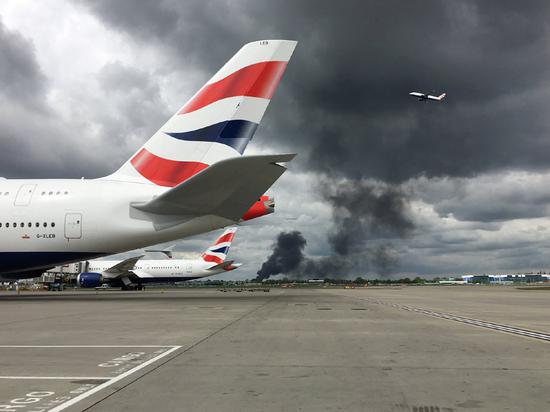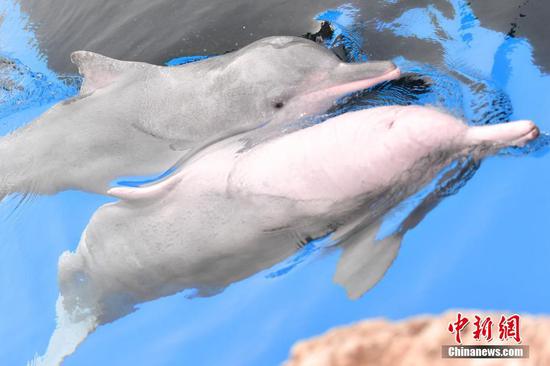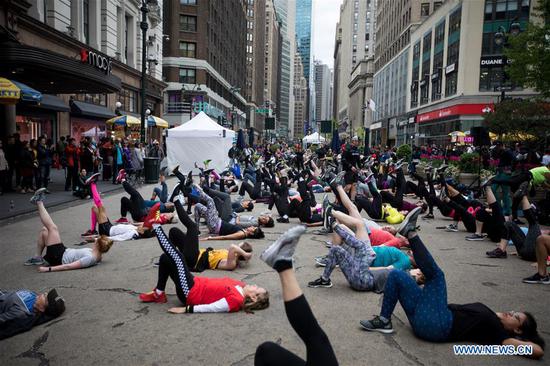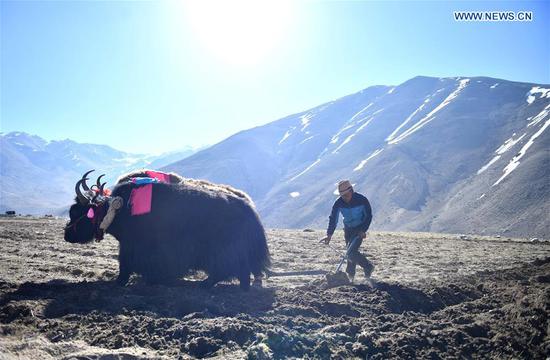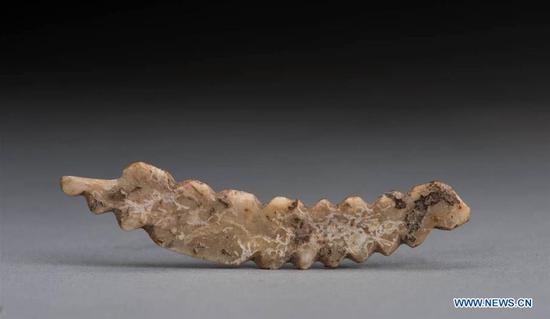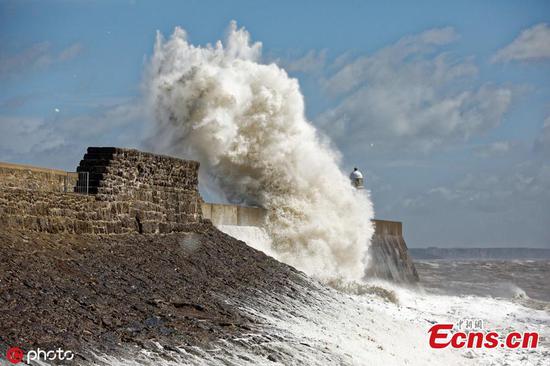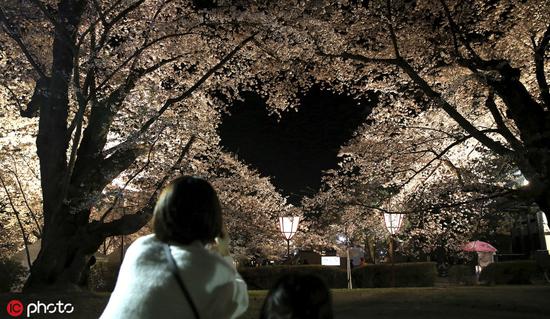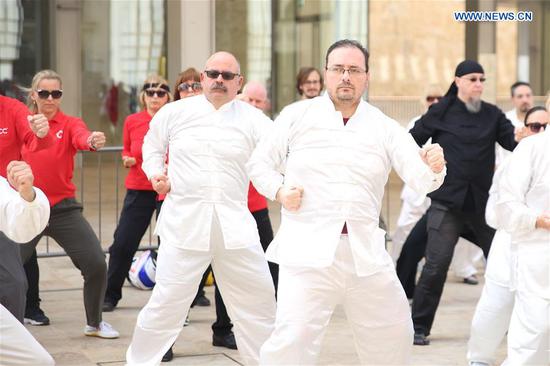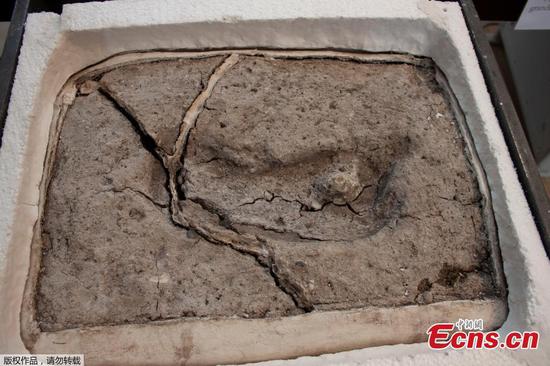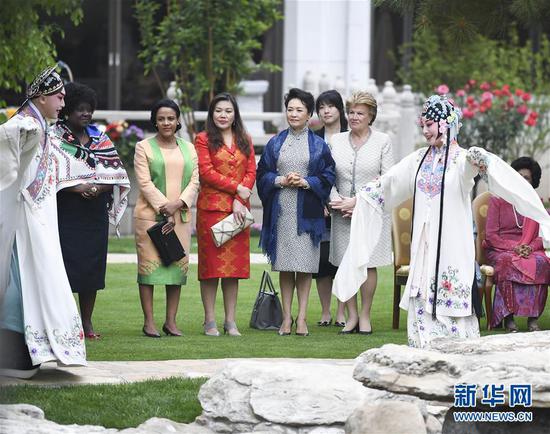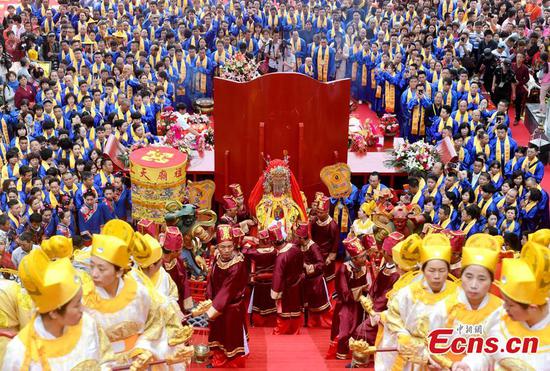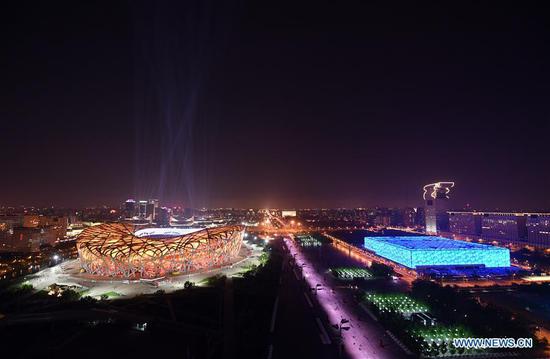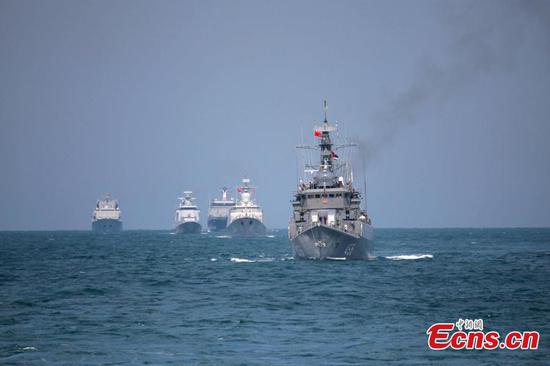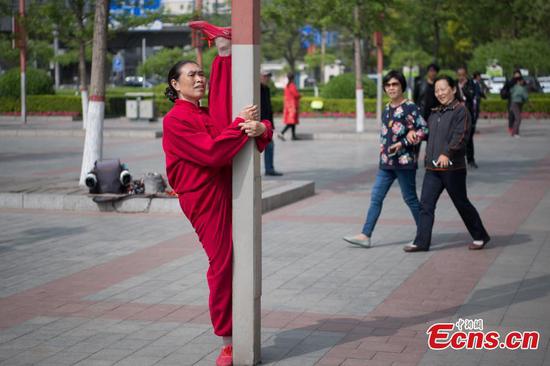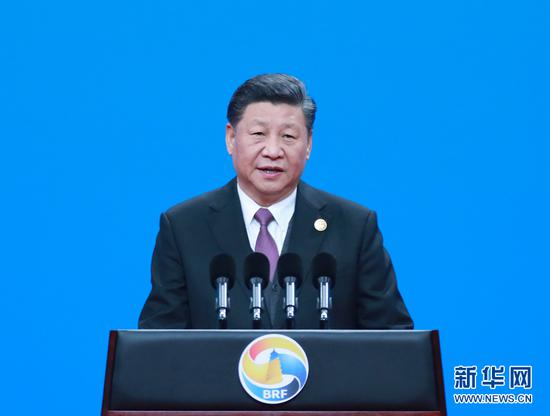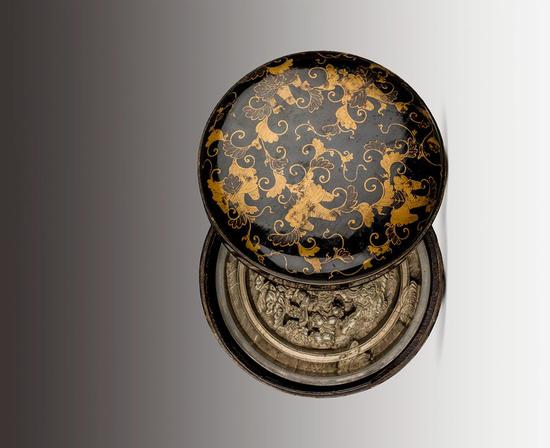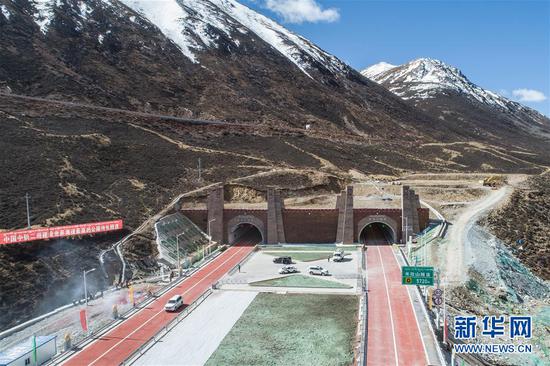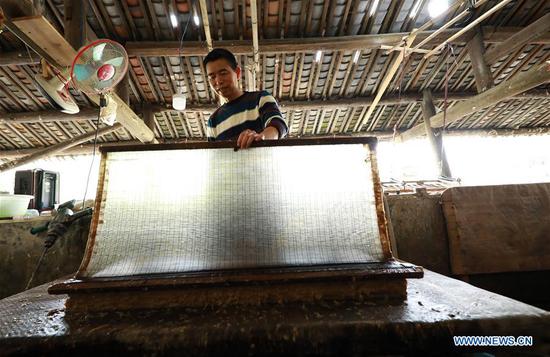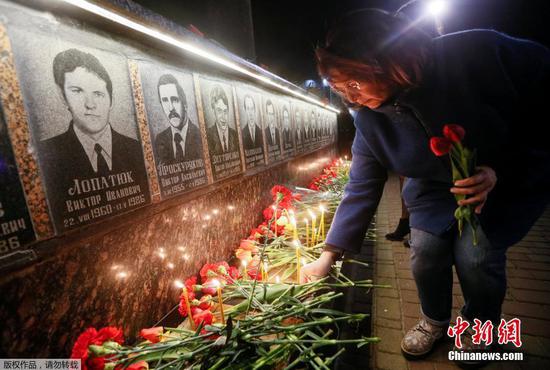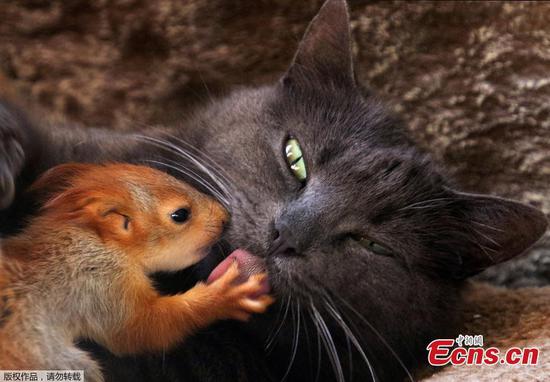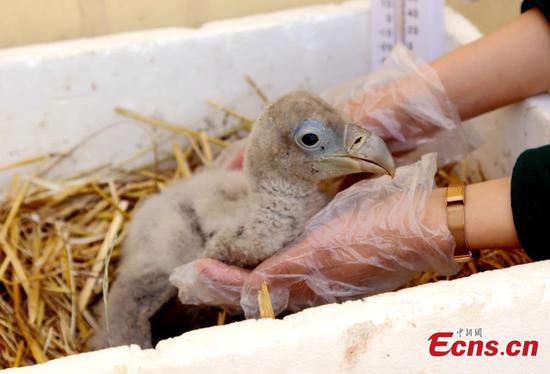Drug regulators in Hainan province are investigating the suspected sources of HPV 9-valent vaccines that were illegally administered at Boao Yinfeng Healthcare International Hospital, whose business license was revoked as a result.
If a crime is found to have been committed, the case will be handed to public security departments, according to a statement jointly issued on Sunday by Hainan's Health Commission, Market Supervision Administration, Drug Administration and Public Security Department.
It said the four departments will form a working group to supervise the investigations and legal enforcement.
The working group will contact people who received the vaccines at Yinfeng hospital, listen to their opinions and take action to safeguard their rights.
Located in the Boao Lecheng International Medical Tourism Pilot Zone, the hospital injected 38 patients since January last year with HPV 9-valent vaccine, charging 9,000 yuan ($1,350) for most of them. One person was given an injection as a welfare treatment. The hospital did so without obtaining an official vaccination outpatient license, the statement said.
It said the health commission of Qionghai, which administers the Boao pilot zone, notified the hospital of penalties on April 18, which included a warning, confiscation of more than 201,000 yuan in illegal income, a fine of 8,000 yuan and a revocation of its business license as a medical institution.
The HPV 9-valent vaccine, which has only been legally available at the United Family Vaccine Center of Boao Super Hospital in the pilot zone since May last year, was developed for women between the ages of 16 and 26 mainly to help prevent cervical cancer caused by nine types of HPV.
More than 18,500 vaccinations have been provided, and more than 4,300 clients completed the standard series of three vaccinations within six months.
The Boao pilot zone is the first place on the Chinese mainland allowed to import HPV 9-valent vaccines and other drugs without needing central government permission, in line with the nine preferential policies granted by the State in 2013 - in this case, special permission to import medical technology, medical equipment and medicine.
The provincial health and drug administrations will also send more supervisors to the pilot zone to provide guidance and coordination and strengthen supervision of medical institutions, the statement said.









